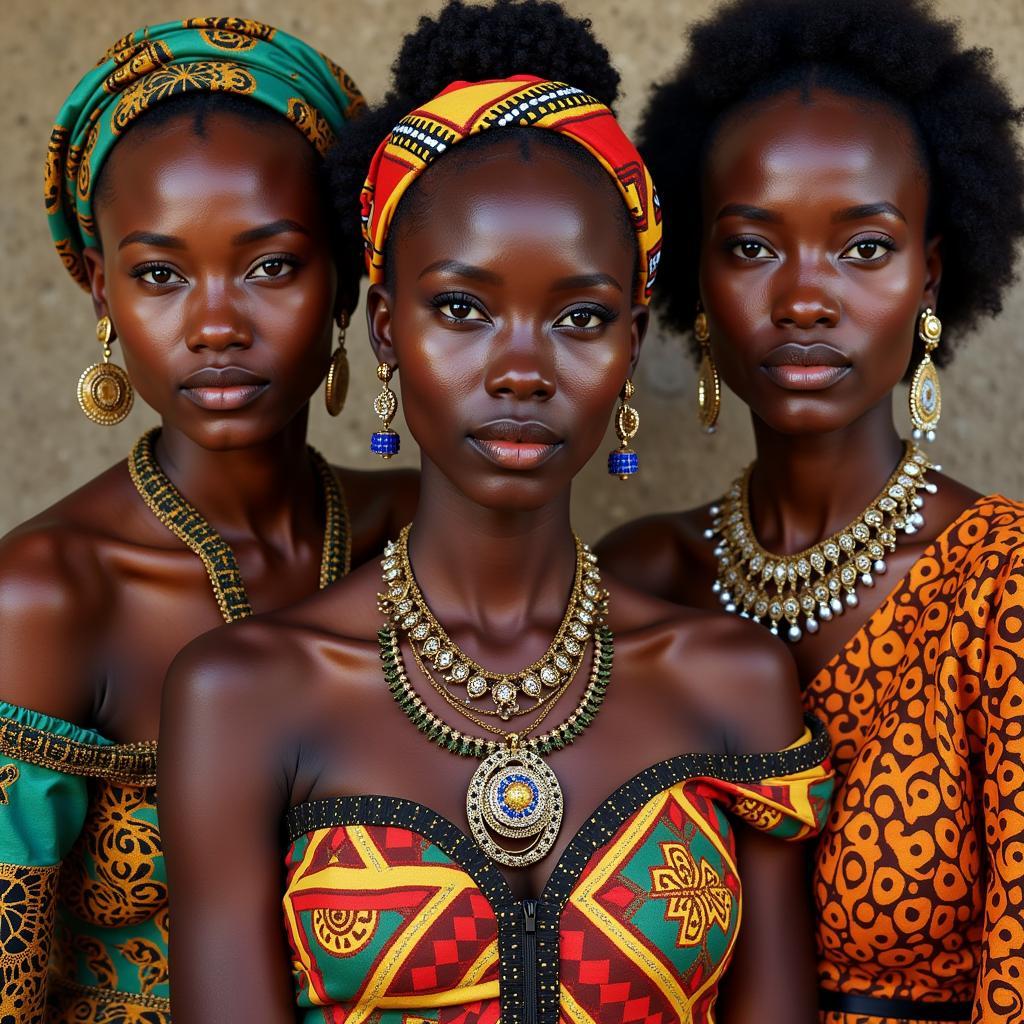Exploring the Essence of African Christian Ethics
African Christian Ethics is a rich and multifaceted field that explores the intersection of Christian values and the diverse cultural context of the African continent. It delves into how biblical principles are interpreted, applied, and lived out within various African societies, considering their unique history, traditions, and challenges. This article examines the core principles of African Christian ethics, exploring their practical implications for individuals, communities, and the wider society.
The Foundations of African Christian Ethics
African Christian ethics is grounded in the teachings of Jesus Christ, as found in the Bible. It emphasizes love, justice, compassion, and the pursuit of peace. However, it recognizes that these universal principles must be understood and implemented in a way that resonates with the specific context of African Life. This involves engaging with the continent’s rich cultural heritage, addressing its contemporary challenges, and seeking solutions that are both biblically faithful and culturally relevant.
The Importance of Community
“The concept of community is central to African Christian ethics,” emphasizes Dr. Osei-Tutu, a leading scholar of African Christianity. “It’s not just about being part of a group, but about living in mutual dependence and sharing responsibility for one another’s well-being.” This communal emphasis resonates deeply with traditional African cultures, which often prioritize collective values over individualistic ones.
Justice and Social Transformation
“African Christian ethics cannot ignore the injustices that plague our continent,” asserts Pastor Mbali, a respected theologian and social activist. “We are called to be agents of change, working for a more just and equitable society.” This commitment to justice is rooted in the biblical call to care for the poor, oppressed, and marginalized. African Christian ethics recognizes the interconnectedness of social problems, such as poverty, inequality, and conflict, and seeks to address them through compassionate action and advocacy.
Respect for Tradition
While acknowledging the importance of biblical principles, African Christian ethics also recognizes the value of indigenous cultural practices. “We must be cautious about blindly importing Western interpretations of Christianity,” cautions Dr. Makuba, an expert on African religious traditions. “There are aspects of African culture that are compatible with Christian values, and these should be embraced and incorporated into our faith.”
Contemporary Challenges and Responses
African Christian ethics is constantly evolving as it seeks to engage with the continent’s ever-changing realities. Some key challenges include:
- Poverty and Economic Inequality: Many African communities grapple with poverty, unemployment, and limited access to basic resources. African Christian ethics calls for practical solutions that address the root causes of poverty and promote economic justice.
- Conflict and Violence: Wars, ethnic tensions, and political instability plague many parts of the continent. African Christian ethics emphasizes peacemaking, reconciliation, and the promotion of nonviolent conflict resolution.
- The HIV/AIDS Pandemic: The AIDS epidemic continues to devastate communities across Africa. African Christian ethics calls for compassion, care, and support for those affected, challenging stigma and advocating for comprehensive HIV/AIDS prevention programs.
- Environmental Degradation: Deforestation, pollution, and climate change pose significant threats to Africa’s environment. African Christian ethics calls for responsible stewardship of God’s creation and advocacy for sustainable development practices.
Living out African Christian Ethics
Living out African Christian ethics involves a commitment to:
- Living in Love: Extending love and kindness to all, regardless of background, belief, or circumstance.
- Seeking Justice: Advocating for fairness, equality, and the rights of all people, especially the marginalized and vulnerable.
- Promoting Peace: Working for reconciliation, conflict resolution, and the prevention of violence.
- Caring for Creation: Protecting the environment, promoting sustainable practices, and safeguarding God’s creation for future generations.
Conclusion
African Christian ethics is a dynamic and vibrant field that reflects the unique challenges and opportunities facing the continent. It calls for a faithful engagement with biblical principles, a deep understanding of African culture, and a commitment to social justice and peace. By embracing the core principles of love, justice, and compassion, African Christians can make a significant contribution to the transformation of their communities and the continent as a whole.
FAQ
1. What is the relationship between African Christian ethics and traditional African beliefs?
African Christian ethics seeks to bridge the gap between Christian values and traditional African beliefs. It recognizes the inherent worth of indigenous culture and aims to integrate compatible elements into Christian practice.
2. How does African Christian ethics address the challenges of poverty and inequality?
African Christian ethics encourages practical actions to address poverty, such as advocating for economic justice, supporting microfinance initiatives, and promoting community development programs.
3. What role does forgiveness play in African Christian ethics?
Forgiveness is a central element of African Christian ethics, as it is essential for reconciliation and healing after conflict and violence.
4. How can I learn more about African Christian ethics?
There are many resources available to learn more about African Christian ethics, including books, articles, websites, and academic institutions. You can also connect with local churches and Christian organizations that are engaged in ethical and social justice work in Africa.
5. How can I contribute to the advancement of African Christian ethics?
You can contribute to African Christian ethics by engaging in ethical reflection, supporting organizations working for justice and peace, and advocating for policies that promote human rights and sustainable development in Africa.



